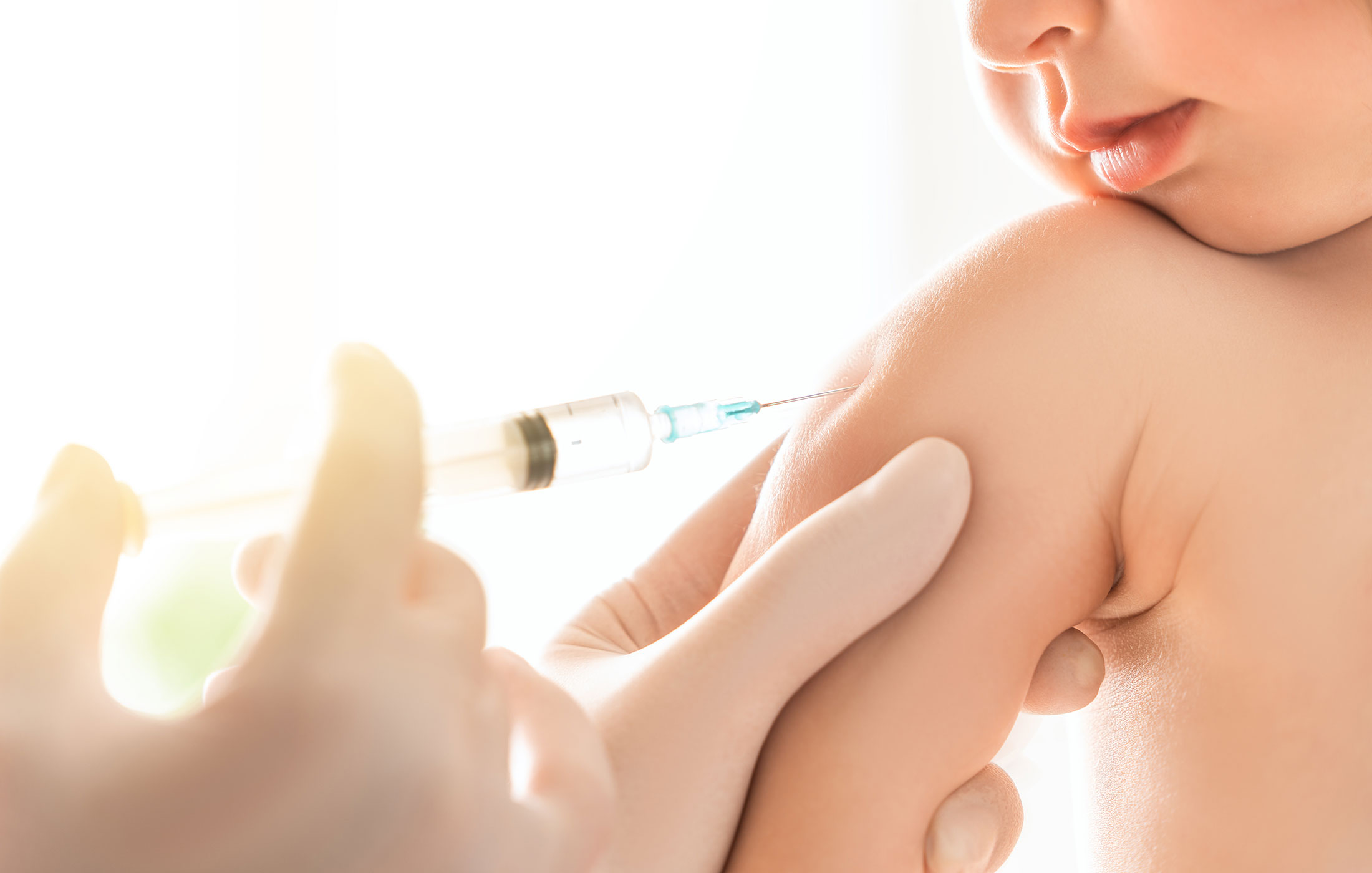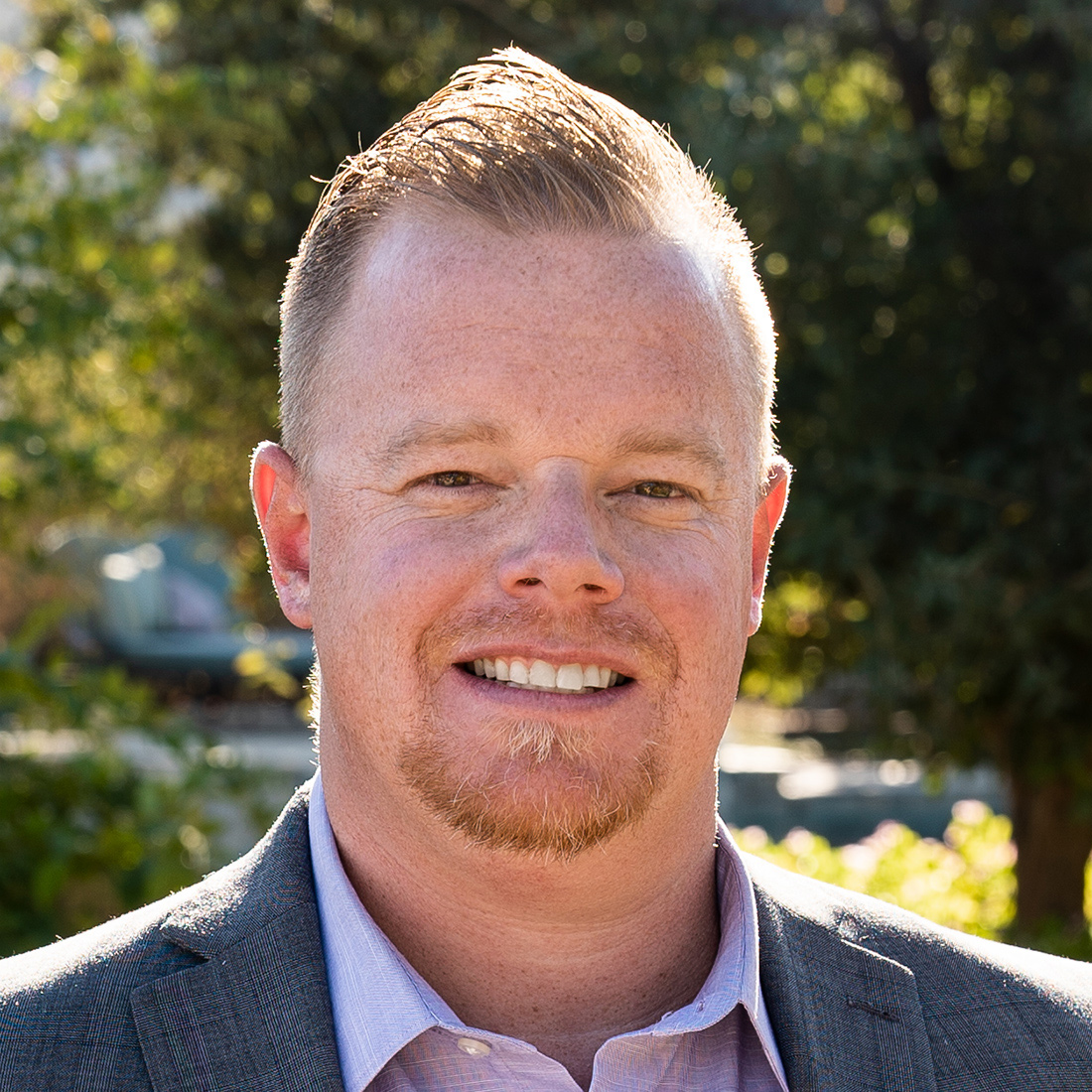The practice of vaccinating people is much older than most understand. Today it is a hot topic in news and is being talked about regularly as it affects school registration, travel and the general health of all those around us. Hundreds of years ago there were stories of people that would drink snake venom in the hope to gain immunity to snake bites. According to the National Library of Medicine[1], Edward Jenner is credited with laying the groundwork for vaccinations and immunizations as we know them today. Jenner is well known around the world for his work in the eradication of smallpox through the use of the vaccinia virus (cowpox) and its ability to create an immunity to smallpox. In 1798[2], the first smallpox vaccine was developed. Over the 18th and 19th centuries, systematic implementation of mass smallpox immunization culminated in its global eradication in 1979.
Being the father of four young daughters the conversation about vaccinations is something that I could not avoid. I was vaccinated as a child, just like most of us, and the idea of not vaccinating our children had not even crossed my mind. I know many people on both sides of this debate, but feel that this is more than a trend, this is something that could radically change the world as we know it. By listening to misinformation, we could end up rolling back the clock on many innovations and put future generations at risk of things they should not have to deal with. I compare not vaccinating our children to teaching our kids not to wear a seatbelt. Does not wearing a seatbelt instantly lead to certain death, no, but when an accident happens it raises the chances of catastrophic outcomes. It is the law to wear a seatbelt, but many ignore it out of sheer ignorance or laziness. As an actuary, I look at numbers and try to quantify risk. There is no number I can find that says avoiding vaccinations lowers the risk of death. There is no medical support that says not vaccinating will raise the health of the general population.
In December 2019, this debate became a little bit more real as the government of Samoa is dealing with a catastrophic outbreak of the measles. It has caused a mandatory 2-day national quarantine where all public and private businesses are forced to be closed and everyone except emergency personnel is required to stay inside their homes. There are 200,000 people that live in Samoa and in the most recent week, the current death toll of this outbreak has reached 60 deaths due to measles. There are over 4,000 actively confirmed cases of the measles, representing 2% of the total population. According to the World Health Organization[3] (WHO), in the last five years, vaccinations against measles, mumps and rubella have collapsed in Samoa, from 90% to just 31% of eligible infants. The most heartbreaking statistic is that almost all of the deaths are of kids under the age of 5. The drop in vaccination rate was the result of misinformation and overdramatization.
What should our response be as Americans? Do we need to have an outbreak in order to understand how important a vaccine can be? In the few weeks since the outbreak began in Samoa nearly a quarter of the Samoan population got vaccinated. It is amazing how when your life is directly affected how different you may act. The curfew mandate on families is showing how scary measles is, and in a way like the scarlet letter was used in the novel, families that need vaccines are told to hang a red flag in front of their houses if they need vaccinations and eventually someone will come and get it to them. This red flag is supposed to be a sign of hope, but also wonder if this is also a sign of warning as well. The politically charged protesting and avoidance of vaccinations have materially changed the course of Samoa. Misconstrued stories of deaths related to vaccinations caused a movement where people stopped vaccinating their children. The economy will be drastically affected and could take years or longer to recover financially. This does not even account for the emotional pain that families are going through over the loss of family members.
By avoiding vaccinations, you lower the protection of the herd and at some point, the entire herd is in danger.
Healthcare today is full of misinformation; people often believe what they want to believe and ignore facts. Many people will accept what a celebrity might say and not what their own doctor advises them to do. I recently got to talk to an ER doctor who has boots on the ground and regularly sees patients in the direst times. He told me “he cannot understand why people want to gamble with their kid’s lives when so much progress has been made to protect them”. He also said, “it is very selfish to not vaccinate as you are not just putting your own kids at risk, but also putting the ones around them at risk.” Like it or not we are all living in herds, and there is something called herd immunity. When most of the herd is protected from something, it in a sense makes all protected from it. By avoiding vaccinations, you lower the protection of the herd and at some point, the entire herd is in danger. From 2000 to 2017 there was an 80% drop in measles deaths[4], in that same time period the world saw an increase in children under the age of one receiving the measles vaccine from 72% – 85%. The herd, what we call the world population became better protected and we saw less deaths because of it.
In California, vaccinations are becoming a major political battle. Senators supporting Bill-276 have received death threats, are regularly picketed and hearings have been halted due to the opposition. Richard Pan, a pediatrician who chairs the Senate Committee on Health is fighting hard to combat fraudulent medical exemptions. The bill he supports is not to mandate all people get vaccinated, but rather is to properly manage the waiver process and make sure all those who should get vaccinated are. From 2017 to 2019, the number of exemptions that have been granted in California has tripled[5]. I do not like the government controlling my every decision, but I also believe part of the government’s role is to protect its people and also protect its laws. As discussed above, there is so much misinformation and miseducation in healthcare, Dr. Richard Pan create a great document that helps compare the facts and myths surrounding Bill-276 (https://sd06.senate.ca.gov/news/2019-04-24-vaccines-senate-bill-276-fact-vs-myth).
The goal of healthcare is to increase the health of all people. We need to increase everyone’s health by providing the best quality care, to the right people, at the right time. With that in mind, we all need to make medical decisions with not just ourselves in mind, but also the herd in mind. We need to not be selfish but rather become selfless. Healthcare costs are going up rapidly in America and until we think about others like ourselves, we will not see a successful healthcare system where we all are able to flourish. Good healthcare is preventative and not reactive. As a society, we need to help prevent issues before they become a reality, and one way to do that is to properly vaccinate.
Endnotes
[1]https://www.ncbi.nlm.nih.gov/pmc/articles/PMC1200696/
[2]https://www.immune.org.nz/vaccines/vaccine-development/brief-history-vaccination
Any views or opinions presented in this article are solely those of the author and do not necessarily represent those of the company. AHP accepts no liability for the content of this article, or for the consequences of any actions taken on the basis of the information provided unless that information is subsequently confirmed in writing.

